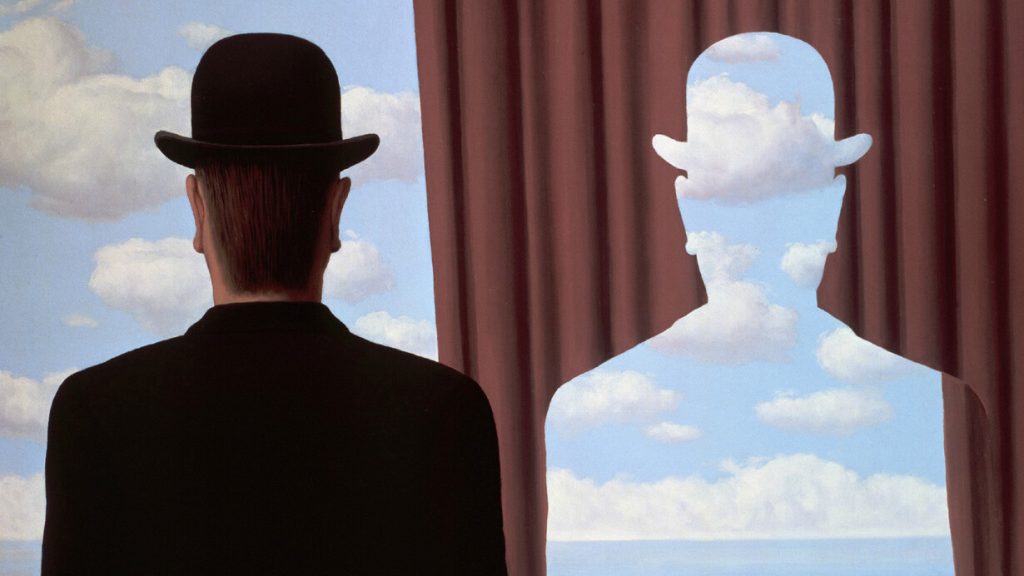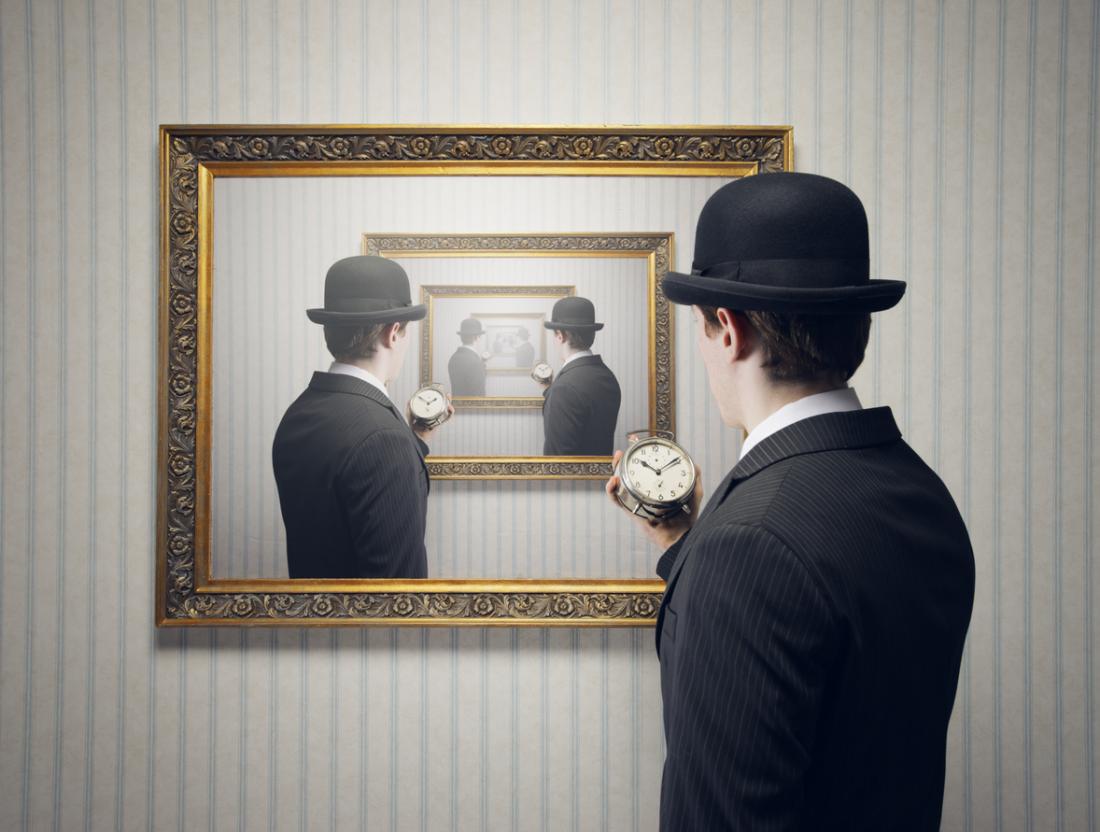
You may conceive of déjà vu as two streams of mind merging. This is why it might take you off surprise. You get a sensation of familiarity, as if you’ve lived this moment before, yet there is no evidence that you have.While it’s a far rarer occurrence, you might also have the reverse of déjà vu – a condition known as “jamais vu.”
According to a survey, as much as 97% of the population has experienced déjà vu at least once in their lives. “Déjà vu is a sense of having already seen or experienced something you are currently seeing or experiencing, combined with the understanding that you have not actually seen or experienced it,” Blair Steel, a licenced clinical psychologist at 1 Method Centre in California, noted.
What is jamais vu?
“Jamais vu is the experience of feeling unfamiliar with something that is very familiar to you,” Steel went on to explain. Jamais vu might manifest as seeing someone or something you see every day, such as a coworker you’ve known for years or a term you use frequently. You’ll notice that the individual appears familiar, or that you’ve heard that word before, yet they appear utterly new and unfamiliar. This sensation can be overpowering and frightening, and it might persist for a few seconds or minutes.
We spoke with specialists to better understand what jamais vu is, when it occurs, and why. Here’s what you should know.
You can experience jamais vu for various reasons
“It can happen for a variety of reasons, most commonly if you’re processing something while distracted,” said Scott Lyons, a psychotherapist and author of “Addicted to Drama: Healing Dependency on Crisis and Chaos in Yourself and Others.” “The exact cause of jamais vu is not known, but many believe it’s related to the brain’s temporal lobe as this part of the brain plays a big role in memory.”
Chronic stress or sleep disruptions can have an impact on mental health, making someone more vulnerable to experiences like these. “High-stress situations have been associated with the experience of jamais vu,” added Steel.
You can genuinely generate jamais vu, or a comparable emotion, on your own, and you may have done it unknowingly previously. This may be accomplished by word alienation chores such as repeatedly writing a word until it begins to seem wrong or foreign to you. You may obtain the same outcomes by reading or staring at the word.
Six participants in a tiny 2021 research were given phrases to gaze at for three minutes, one of which was “blood.” After 60 seconds, certain letters were meaningless and strange. After 179 seconds, they reported the word appearing as “a collection of letters.”

When does it happen?
“When we enter a state of high anxiety, the mind will work on overdrive to create protective measures to avoid trauma,” Steel went on to say. It is more common for someone to have jamais vu in a difficult scenario.
Having said that, jamais vu can occur anywhere and at any moment. Consider it a recall without recognition experience. Assume you encounter a celebrity on the street and you know you recognise them, but you can’t figure out who they are – as if they are completely unknown. Because your perception and memory are not linked, your brain is unable to make sense of a scenario.
Experiencing it, might disrupt your memory processing
“While the exact details still require more research, many people believe that it’s a temporary disconnection between the memory and perception in your brain,” Lyons said in a statement.
There is a distinction between two types of memory systems: declarative memory (things that can be consciously recalled, such as facts or tales) and nondeclarative or implicit memory (your feelings and felt experiences).
“Jamais vu is thought to arise when an electrical disturbance starts in the temporal lobe, which is the part of the brain associated with memory,” Steel stated. He went on to say that “this is also the area of the brain associated with déjà vu.”
Dissociation or delusions can also be confused with jamais vu
While jamais vu is an absence of belief, it can be confused with dissociation or delusions based on a person’s present state, medical history, and prior traumatic experiences. As previously said, jamais vu occurs when a person, location, or item they are familiar with is not recognised for a brief instant. “A delusion is defined as a false belief, whereas jamais vu is more of an absence of belief,” Steel went on to say.
When experiencing jamais vu, one may feel separated from their surroundings, the people around them, and their own body, which may be misconstrued for dissociation.
Overall, jamais vu is usually a brief time that may be readily controlled by halting and taking a second to compose oneself before continuing to what one is doing. But keep in mind that jamais vu is uncommon, and if you’re having it on a regular basis, it might be an indication of something more serious. It’s best to see your primary care physician, who can examine you and recommend you to a neurologist if necessary.
